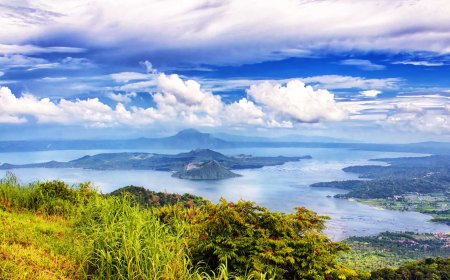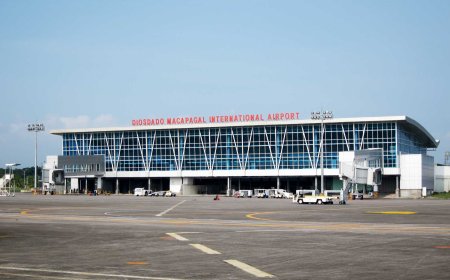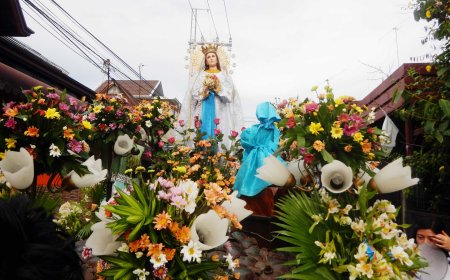Taal Volcano: Beauty, Danger, and the Latest Signs of Activity
Taal Volcano, one of the Philippines’ most iconic and active volcanoes, remains a captivating but dangerous natural landmark. As of May 29, 2025, it experienced a new four-minute phreatic eruption, reminding residents and authorities of its unpredictable behavior.
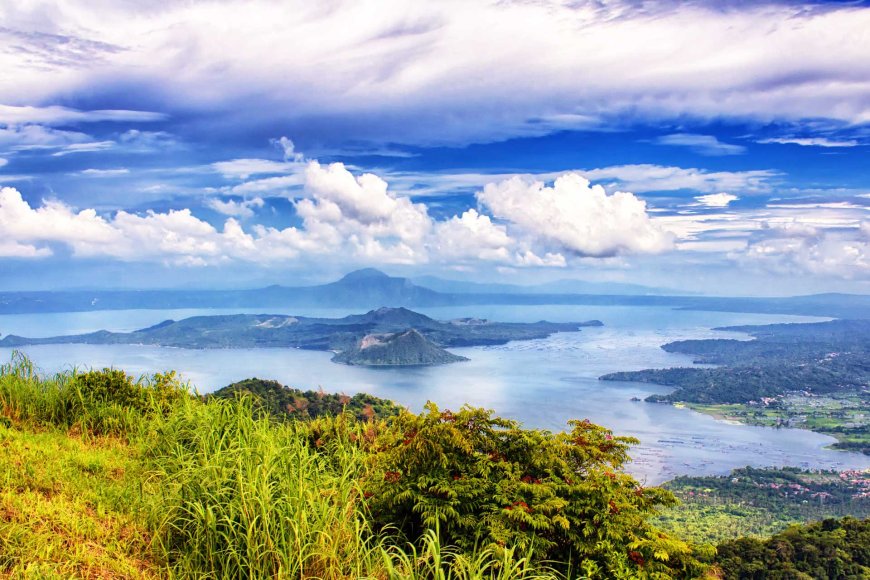
1. Geographic Location and Unique Features
A Volcano Inside a Lake, Inside a Volcano
Taal Volcano is uniquely located in Batangas on Luzon Island, sitting within Taal Lake and inside a massive caldera formed by prehistoric eruptions. This rare configuration makes it a geological marvel and a popular tourist attraction.
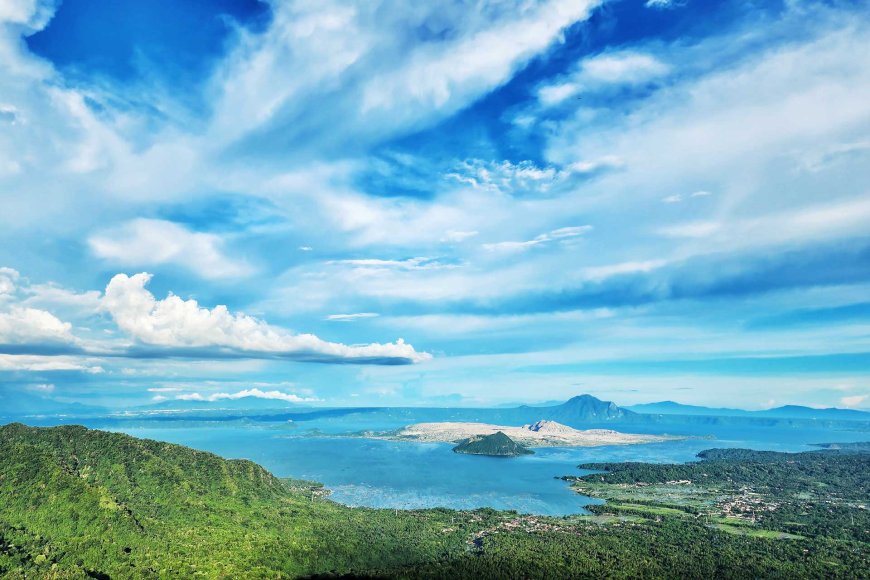
2. Latest Eruption and Current Activity
May 29 Phreatic Eruption and Volcanic Monitoring Updates
On the evening of May 29, 2025, Taal Volcano experienced a four-minute phreatic eruption from 9:18 p.m. to 9:22 p.m., generating a 1.5-kilometer-tall volcanic plume. There were no reported ashfall events in nearby communities, indicating that the ash settled on the volcano island itself.
PHIVOLCS also noted that this was the second phreatic eruption of the year—the last one occurring on February 16, with a 2.1-kilometer plume. Sulfur dioxide emissions on May 29 reached 3,057 tonnes, slightly up from 2,719 tonnes the day before. Meanwhile, long-term deflation continues to be observed in the volcano, accompanied by short-term inflation on its southeastern flank, signaling ongoing volcanic unrest. Taal remains under Alert Level 1.
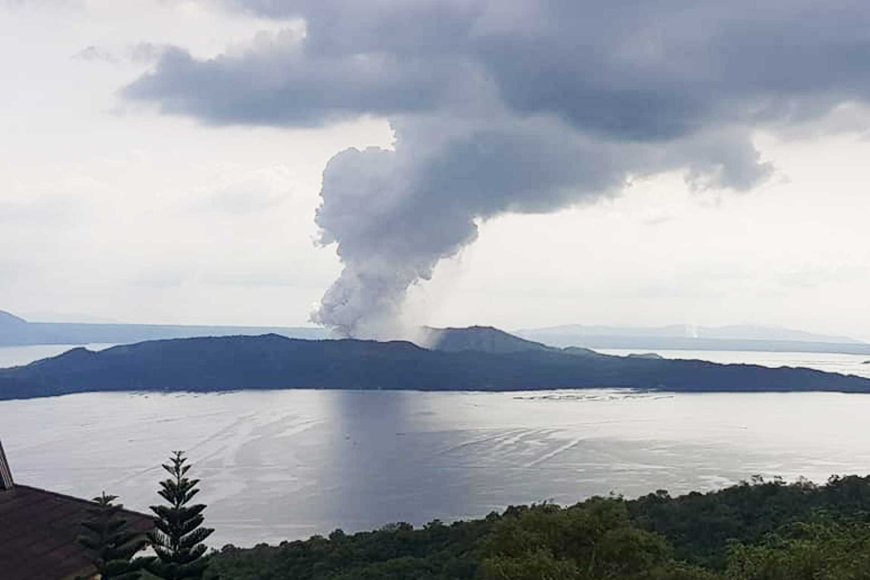
3. History of Eruptions
A Volcano with a Volatile Past
With over 30 recorded eruptions since the 1500s, Taal’s history is marked by both explosive and phreatic events. The 2020 eruption served as a major reminder of the volcano’s threat, affecting thousands and spewing ash as far as Metro Manila.
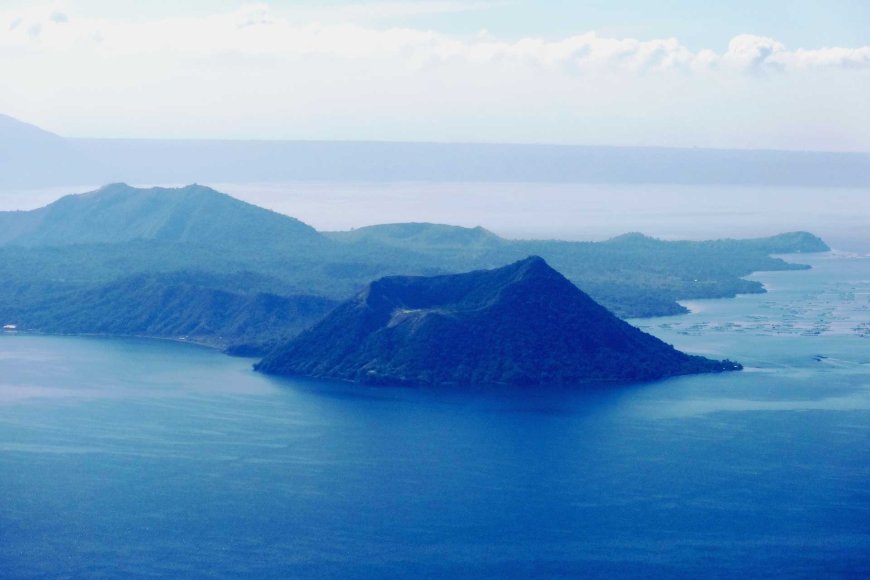
4. Impact on Local Communities
Life in the Shadow of a Volcano
Residents near Taal Lake must remain vigilant and ready to evacuate, as the volcano’s sudden activity can pose serious hazards. Even minor eruptions disrupt daily life, economic activity, and mental well-being in nearby barangays.
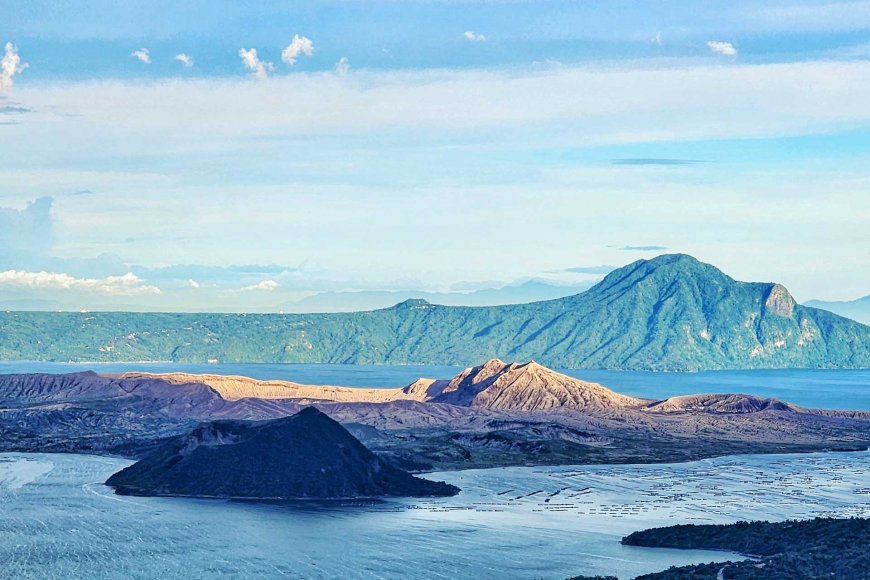
5. Tourism and Economic Relevance
A Stunning Yet Unpredictable Destination
Taal remains a beloved spot for tourists drawn by its beauty, boat rides to Volcano Island, and panoramic lake views. However, volcanic activity often leads to temporary tourism bans and reduced income for local businesses.
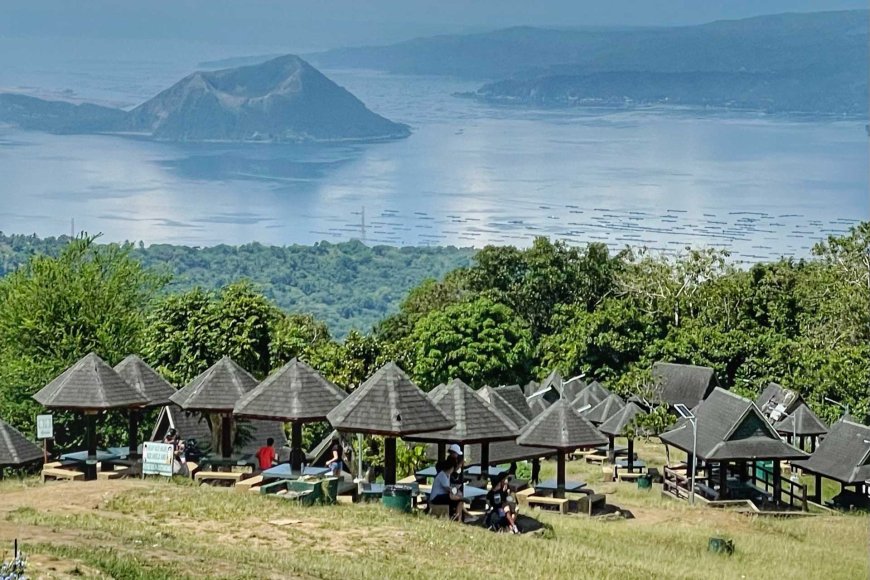
6. Environmental and Ecological Role
A Fragile Habitat in a Volcanic Landscape
The Taal ecosystem includes endemic fish species and rare flora found only in the lake and volcano island. Continued volcanic activity and human pressure threaten this delicate biodiversity.
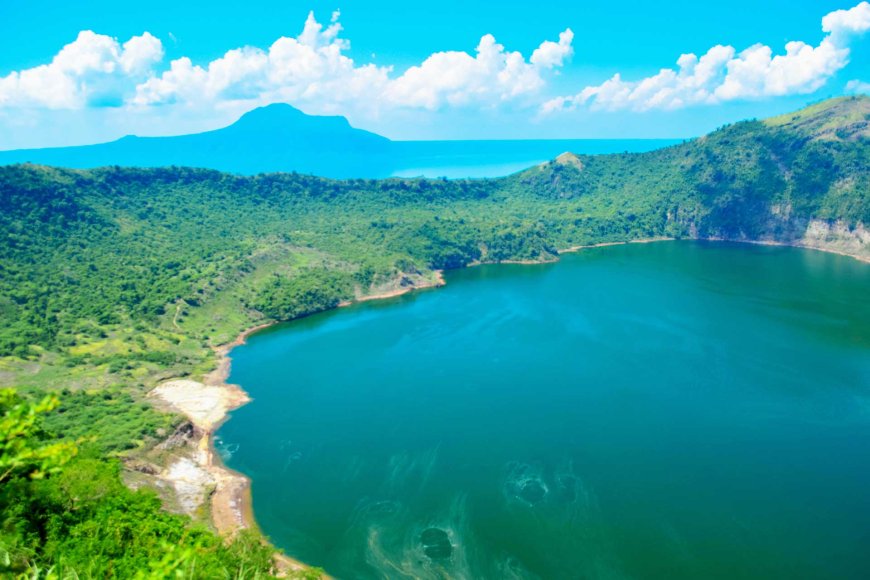
7. Scientific Monitoring and Preparedness
Technology and Vigilance Against Natural Threats
PHIVOLCS uses seismic instruments, satellite data, and gas monitoring to keep watch over Taal's activity, including sulfur dioxide levels and ground deformation. Their real-time alerts and community preparedness programs are critical for safety and disaster response.
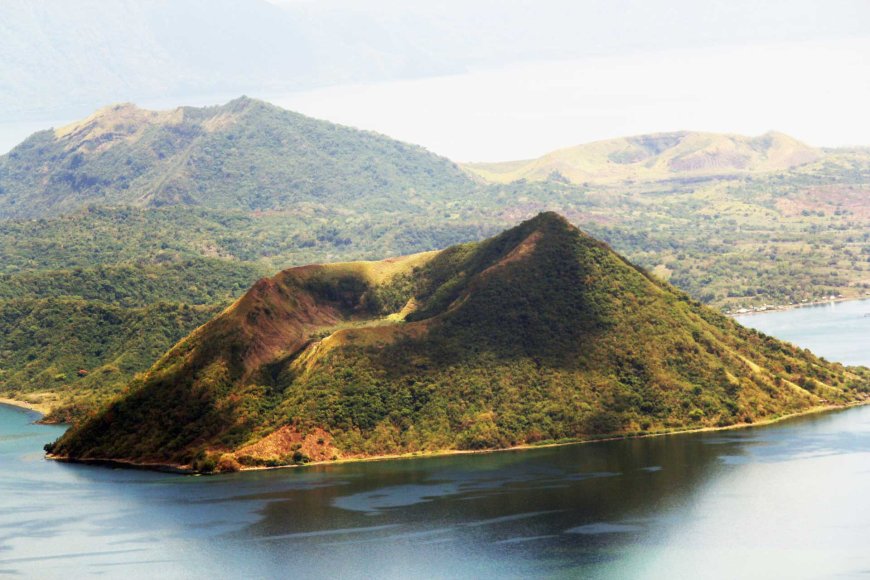
8. Cultural and Mythological Significance
Legends and Devotion Amid the Smoke
Taal holds a place in Filipino folklore, inspiring tales of spirits, omens, and divine retribution. Its sacred image has long been reflected in local traditions and religious beliefs, especially during periods of eruption.
Nipino.com is committed to providing you with accurate and genuine content. Let us know your opinion by clicking HERE.





































